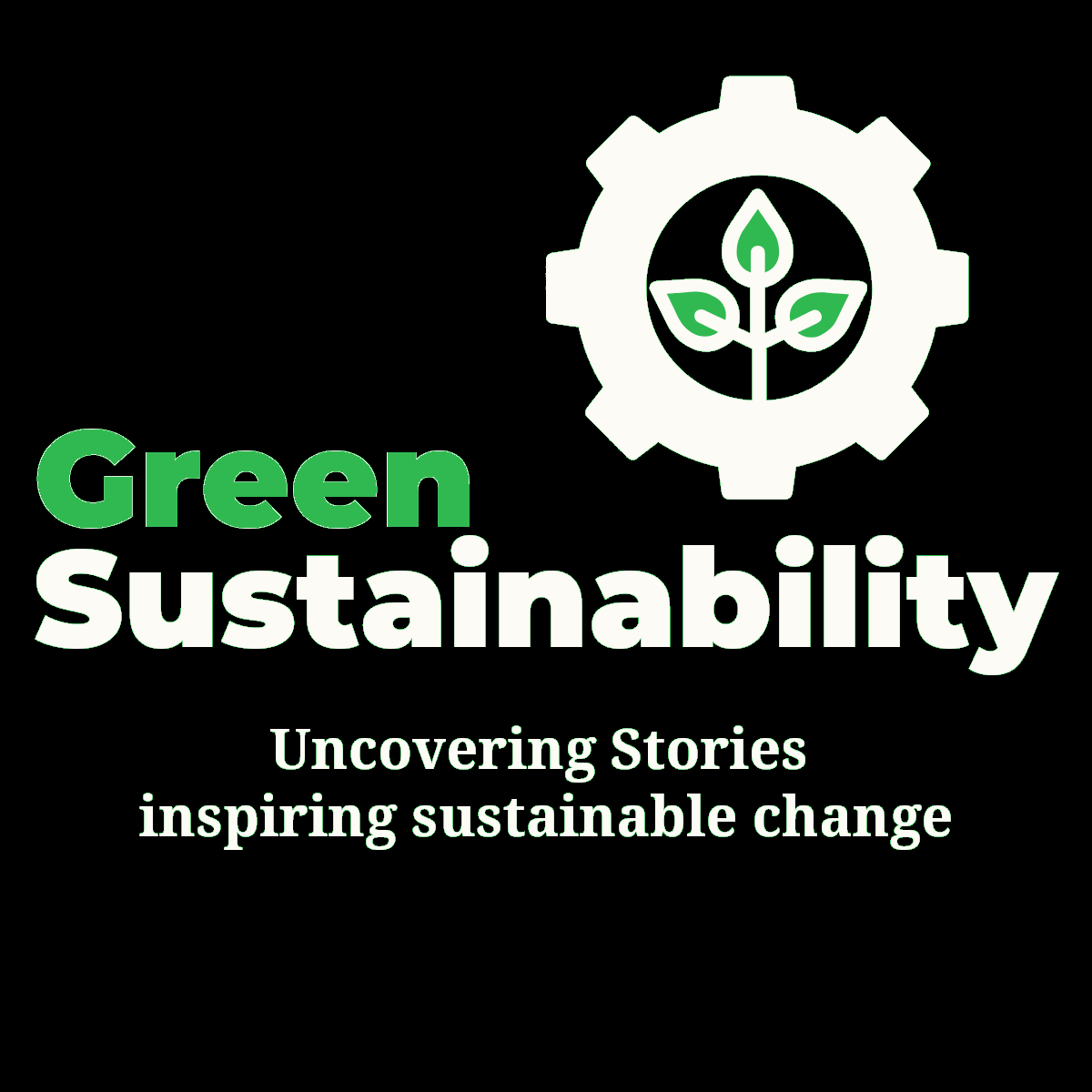

71% of the Earth's surface is covered by water
29% is therefore dry land - of which:
20% of the land surface is too dry for agriculture
20% of the land surface is too cold for agriculture
20% of the land surface is too mountainous for agriculture
20% of the land surface is forested or marshy
20% of the Earth's land surface is left available for growing food and all the other crops that we need for our ever-increasing population.
Widespread changes of the environment began to take place during the early development of the social organisation and civilisation of humans. In general, however, their influence had no greater effect than that of earthquakes or volcanic eruptions. As human numbers multiplied, particularly in the temperate regions of the world, and permanent settlements were formed, the rate of environmental change gradually increased. Forests were cleared for fuel and farming purposes, marshes drained and large predatory animals, which were a threat to domestic stock, were destroyed.
It was imagined that natural resources were inexhaustible. In the short period of time since the Industrial Revolution, human power to change the environment has developed at an alarming rate, but has been used mainly to destroy and damage rather than to protect.
Industry, economics and science still dominate the use made of our environment. Poor land management, the dramatic extension of deserts and the removal of large areas of forest - especially rain forest - are leading not only to the extinction of many species of plants and animals but also to changes in climate.
The limitation on space posed by world population, demands that if we are to take account of the heritage to be enjoyed by future generations, we must come to terms with the reality of our finite resources. At least we are now aware of the enormous danger our Earth faces. We must try to anticipate the capacity of our environment to meet the needs of expanding populations. This is what conservation is all about.
Most of us want to conserve the countryside and the plants and animals that live there, but we also need food, fuel and water, so we need efficient farms, power stations and reservoirs. We also need the factories and offices which pay for them, and a multitude of other things which contribute towards our standard of living. We want farmers to stop using pesticides and preserve hedgerows but we still want cheap food. We want new roads to re-route traffic around towns and villages - and we complain about motorways intruding into the countryside!
While development is obviously desirable, especially in those countries whose people are living in unacceptable poverty, improvement in their conditions can only be sustained if we adopt ecologically sound principles.
Our Supporters



.png)




















.png)
















































_(1).original.avif)


